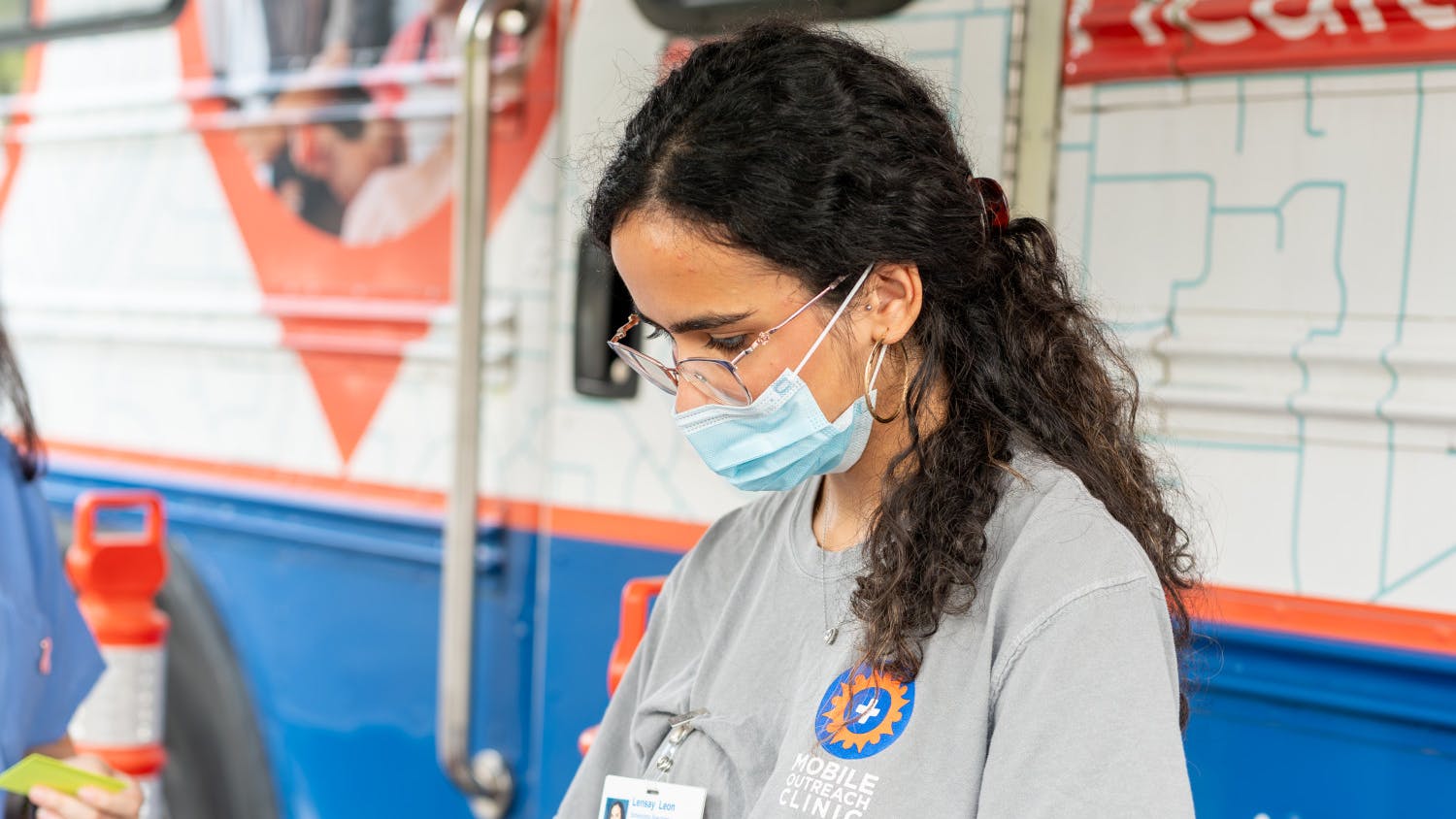UF is teeming with brilliant people working on cutting-edge technology that saves lives, reveals mysteries and solves problems. We’re here to share the latest in UF’s advancements, research and studies.
Use but Don’t Abuse
Prescription drug abuse is common in Florida, but the number of deaths have decreased yearly since 2010. While this is promising, UF College of Medicine researchers say it’s important to monitor abuse, and, to do so, have partnered with the state’s Prescription Drug Monitoring Program.
The research team believes the decline stems from the increase in the number of health care providers using the Prescription Drug Monitoring Program.
Florida’s Prescription Drug Monitoring Program became a law in 2009, and it monitors individuals’ controlled-substance prescriptions and provides important and up-to-date data regarding prescribing trends in Florida.
“UF is working side-by-side with the Prescription Drug Monitoring Program to detect new trends and inform a multidisciplinary team to effectively prevent prescription drug abuse, which can in turn decrease overdoses and deaths,” said Chris Delcher, co-principal investigator and UF assistant professor of health outcomes and policy.
One of the initiatives is analyzing feedback from health care providers who use the Prescription Drug Monitoring Program daily. Researchers will also help create maps that will show where controlled substances are prescribed at higher rates than expected based on a demographic.
Xs and Ys
UF researchers are working on a late-stage clinical trial to help people with Duchenne, which is the most common form of muscular dystrophy. Patients with this form of muscular dystrophy typically lose walking ability by age 12 and often only live to their 20s.
This form of muscular dystrophy occurs when a faulty gene on the X chromosome prevents the body’s production of a protein called dystrophin, which helps keep muscles intact and protects them from injury.
UF Health could get up to $1.6 million from Sarepta Therapeutics to be a site for the third phase of the trial. The clinical trial is of the drug called eteplirsen, which can help extend the length of time patients with the disease can walk compared to a control group.
Sickly Snails
UF scientists discovered that a rare parasite that can cause sickness in humans and animals is found in more species of snails in Florida than previously thought.
In a study published online this month in the Journal of Parasitology, researchers found the rat lungworm, a parasite common in Hawaii, may now be established in South Florida. People and pets who eat snails are at risk, and it is also important to know how it arrived.
“Determining the geographic distribution of this parasite in Florida is important due to the hazards to human health,” said Heather Walden, a professor at UF’s College of Veterinary Medicine and lead author of the study.
The parasite produces a rare and possibly fatal form of meningitis in people, according to the Centers for Disease Control and Prevention. Its hosts include rats and gastropods, such as snails.




